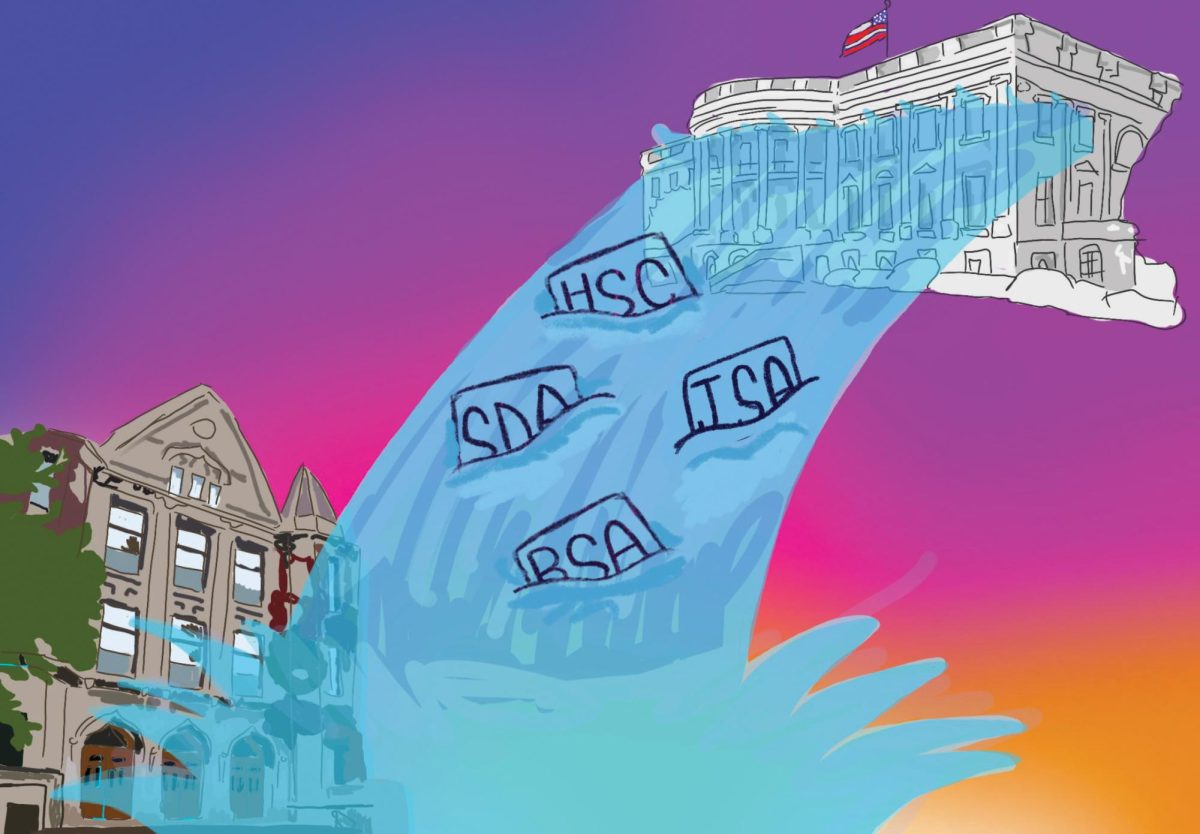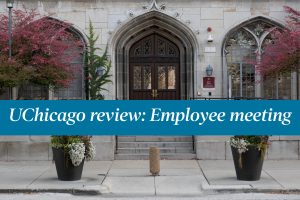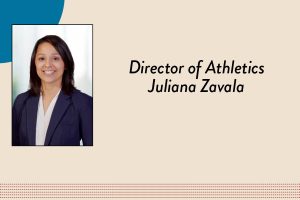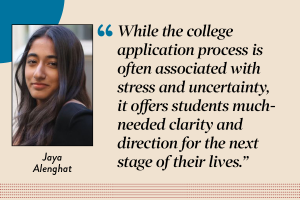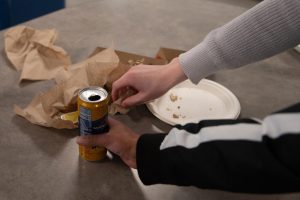Statement acknowledges indigenous land, sets example
To acknowledge that Chicago and the Laboratory Schools sit on historically indigenous land, the science department wrote a land acknowledgement statement that will act as a starting point for diversifying curriculum and recognizing students’ heritage.
May 6, 2021
To acknowledge that Chicago and the Laboratory Schools sit on historically indigenous land, the science department wrote a land acknowledgement statement that will act as a starting point for diversifying curriculum and recognizing students’ heritage.
“It’s a starting piece. It’s ‘Now we have this, now we’ve read it, we’ve discussed it. What can we do?’” Zachary Hund, science department chair, said. “I think that along with the diversity statement, it’s making science teachers think about what else can be incorporated into our classes.”
This statement builds on the climate and diversity statements the science department created in the past year. According to Dr. Hund, one of the hopes for the land acknowledgement statement was to inspire other departments to follow suit.
“One of the biggest goals of doing this is to inspire other departments at Lab to say ‘Hey, if science can do it, if science is leading the way and made this statement, then we should be able to do one, too,’” Dr. Hund said. “Hopefully that turns into an ‘Alright, then Lab should make one.’ What does that say if Lab is the first actual division of University of Chicago to make a land acknowledgement? I think that’s huge.”
Middle school science teacher Tony Del Campo originally proposed the idea of the land acknowledgement statement. In the first semester, middle school counselor Lyneth Torres held a workshop explaining what land acknowledgements are. The topic was also highlighted during the middle school’s Diversity Week.
“This was kind of just an ‘ah-ha’ moment for me,” Mr. Del Campo said. “We have a diversity statement. There’s no reason not to have a land acknowledgement statement.”
This idea was brought before the rest of the science department and executed with the help of Priyanka Rupani, director of diversity, equity and inclusion.
According to Dr. Hund, DEI work is at the forefront of Lab, which motivates them to add more diverse topics to their course curriculum.
“I think most importantly we’re taking time to acknowledge to our indiginous students that we see you,” Mr. Del Campo said. “We want it to be known publicly that we recognize the history of the land that we sit upon and what that means for your heritage and we don’t want to be silent anymore.”
UCLS Science Department Land Acknowledgement:
Indigneous people over generations have recognized the land that Chicago sits upon as the portage between the life-giving waterways of the East and West. We echo this acknowledgement as the portage between the past and our future work as the Science Department within the University of Chicago Laboratory Schools.
To model our call to recognize and address injustices as stated in our department’s Diversity and Climate Change Statements, we would like to acknowledge that we educate our students on the traditional homelands of the Council of the Three Fires: the Potawatomi, Odawa, and Ojibwe Nations; the Illinois Confederacy: the Peoria and Kaskaskia Nations; and the Myaamia, Wea, Thakiwaki, and Meskwaki Nations. The Ho-Chunk, Menominee, Kiikaapoi, and Mascouten Nations also call the region of northeast Illinois home. This is one of the steps in how we are cultivating responsible citizens of the Earth, because silence only continues to perpetuate ignorance and inaction.




















